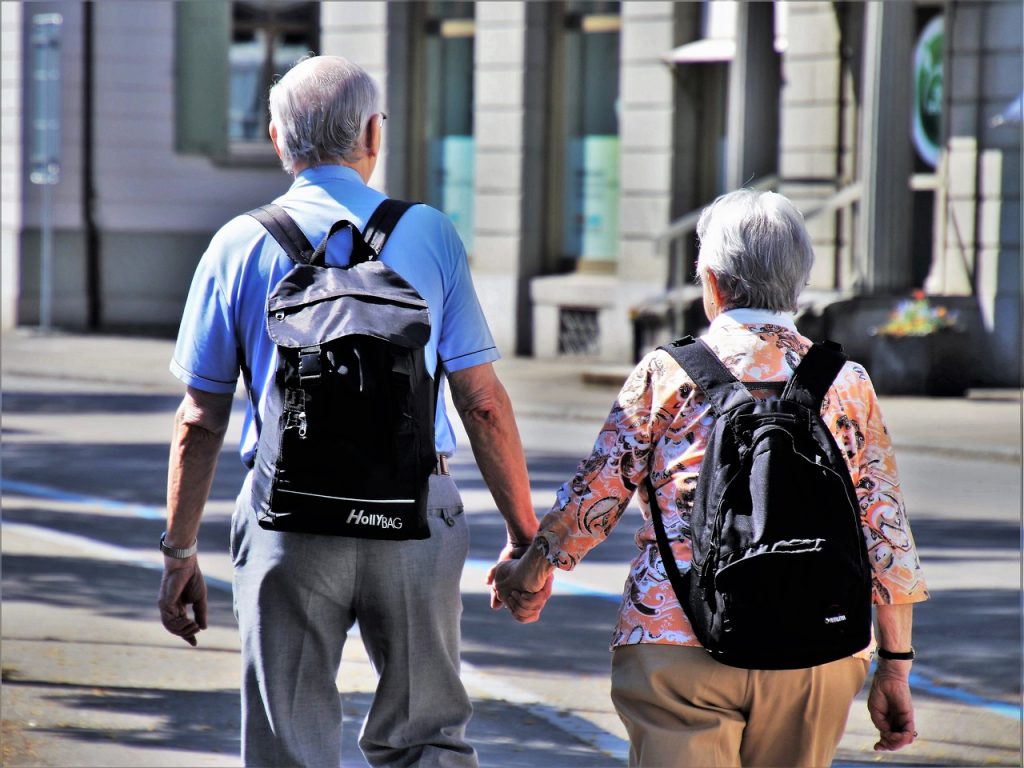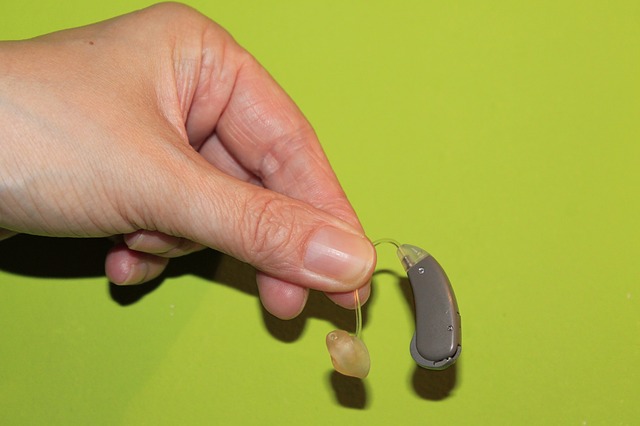26th October 2023 – by King’s College London

We are thrilled to announce a further funding award for a new research programme: the King’s Centre for Ageing Resilience in a Changing Environment (CARICE).
CARICE will be led by Claire Steves, Clinical Director of TwinsUK and Professor of Ageing and Health at King’s College London, and will involve researchers from across the university. We are delighted to be leading on this work from within the Department of Twin Research, given our 30-year history in studying health and ageing through TwinsUK.
CARICE’s mission is to address the dual challenge of climate change and ageing populations. Its vision is that older people will develop greater biological and social resilience in the face of environmental and physical stressors thanks to the benefits of greater scientific understanding.
CARICE’s four themes are:
· Biological ageing resilience, led by Professor Cathy Shanahan and Professor Georgina Ellison-Hughes
· Lifestyles and ageing resilience, led by Professor Steve Harridge and Dr Ana Rodrigues Mateos
· Environmental stressors and ageing resilience, led by Dr Mariam Molokhia and Professor Mark Ashworth
· Innovations to promote ageing resilience, led by Dr Jude Partridge and Professor Phil Chowienczyk
CARICE will support researchers at all career stages by creating an inclusive, interdisciplinary research environment in which they can focus future grants on pathways towards resilience. It will bring together researchers who would not otherwise have had the opportunity to work together, facilitating connections in the interests of addressing these global challenges.
We look forward to sharing news of CARICE’s progress.








